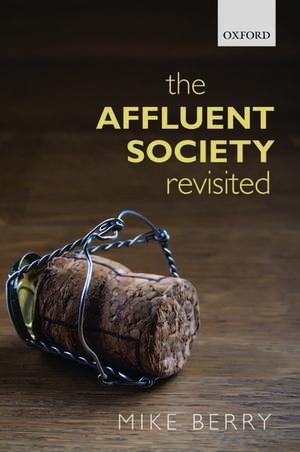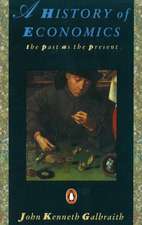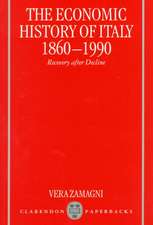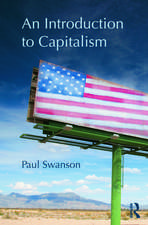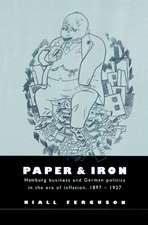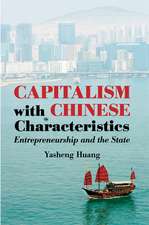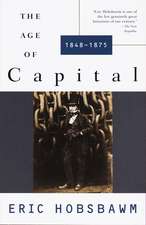The Affluent Society Revisited
Autor Mike Berryen Limba Engleză Paperback – 11 noi 2015
| Toate formatele și edițiile | Preț | Express |
|---|---|---|
| Paperback (1) | 193.77 lei 32-37 zile | |
| OUP OXFORD – 11 noi 2015 | 193.77 lei 32-37 zile | |
| Hardback (1) | 486.56 lei 32-37 zile | |
| OUP OXFORD – 11 dec 2013 | 486.56 lei 32-37 zile |
Preț: 193.77 lei
Preț vechi: 240.48 lei
-19% Nou
Puncte Express: 291
Preț estimativ în valută:
37.08€ • 39.65$ • 30.91£
37.08€ • 39.65$ • 30.91£
Carte tipărită la comandă
Livrare economică 07-12 aprilie
Preluare comenzi: 021 569.72.76
Specificații
ISBN-13: 9780198746423
ISBN-10: 0198746423
Pagini: 214
Dimensiuni: 158 x 232 x 12 mm
Greutate: 0.3 kg
Editura: OUP OXFORD
Colecția OUP Oxford
Locul publicării:Oxford, United Kingdom
ISBN-10: 0198746423
Pagini: 214
Dimensiuni: 158 x 232 x 12 mm
Greutate: 0.3 kg
Editura: OUP OXFORD
Colecția OUP Oxford
Locul publicării:Oxford, United Kingdom
Recenzii
Students of economic history will find this a particularly useful volume as it is written in an exceptionally readable manner. This volume makes an important contribution to the literature on the economic history of advanced capitalism and its effects on the distribution of wealth within Western democracies. I have no hesitation in recommending this text to anyone, whether or not they are familiar with economics, with an interest in recent economic history and/or in the effects of changing economic policies on the structure of societies. Furthermore, anyone seeking an overview of the causes and consequences of the GFC will find The Affluent Society Revisited a useful reference.
Notă biografică
Mike Berry is Emeritus Professor at RMIT University, Melbourne Australia, where he was for many years Professor of Urban Studies and Public Policy. He is a frequent adviser to state and federal governments in Australia and has had visiting positions at a number of international institutions, including Rutgers University, Lund University, the University of Cambridge, and the University Sussex. He was Foundation Executive Director of the Australian Housing and Urban Research Institute, the largest and longest continuing collaborative research facility in Australian social and policy sciences. He has taught, and published widely, in the areas of housing, urban planning, environmental policy, and political economy. He is a director of one of Australia's largest non-profit housing associations. Part of the research for this book was carried out whilst he was a visiting fellow at the Rockefeller Foundation Center, Bellagio.
